Published
4 years agoon
By
Frimpong
The European Union (EU) has clarified that there is no evidence of money laundering on the part of any official in the current administration of the Akufo-Addo government, although it has blacklisted Ghana.
Clarifying why the West African country was blacklisted back in May 2020, the Head of Delegation of the EU to Ghana, Ambassador Diana Acconcia, said Ghana ended up on the list because it failed to comply with checks that could forestall possible money laundering.
“There is no evidence of money laundering in Ghana,” Ambassador Acconcia stressed.
According to her, the EU would have ceased doing business with the Akufo-Addo administration if indeed any of his appointees had been caught engaging in money laundering or funding terrorist operations.
Recently, reports were rife that Ghana’s Embassy in Belgium capital Brussels, has been ordered by its banker to withdraw all its money so that the bank will proceed to close the embassy’s accounts.
The ING Bank has not given any reason for the decision to close the embassy’s accounts, but says the decision is irreversible. The embassy has up to November 12, 2020, to withdraw all its money to another bank.
Ghana’s Mission in Brussels has four accounts with the bank. They are:
Reacting to the report, Ambassador Acconcia said it has nothing to do with Ghana being blacklisted, adding it was purely a business decision on the part of the bank.
“The fact that the account of the Embassy of Ghana in Belgium and the European Union has been closed by a Belgium Bank, that was a business decision taken by the bank. The bank was not at all obliged by the EU to close the account of the Embassy,” Ambassador Acconcia told Asaase Radio on Monday, 12 October 2020.
She added: “It was a business decision to apply more checks to the Embassy. The listing does not affect trade, development aid and there will be no problem in paying the budgetary support and the main projects we have in Ghana…. Ghana is doing a lot already because there is the Financial Intelligence Center at the Central Bank among others to check some of these things.”
Ambassador Acconcia remarked that to prove that Ghana remains one of the key partners in development, the EU is advancing a whopping 87 million Euros to the government as grant to alleviate the plight caused by the COVID-19 pandemic.
“Covid is a global threat but we’ve to respond together. If our partners, particularly Africa sinks then we all sink together. We’re giving out 87 million Euros to Ghana. Ghana reached out to development partners for help and we looked around for the resources.
This support is not tied to any particular action that Ghana should take. The money will be paid in a few days into the Ghanaian treasury. It will be up to the government to decide what to do with it.”
She stressed: “It’s important to say that this is a grant so it does not add to the debt of the government. Basically it is to compensate for the loss in revenue Ghana has suffered because of the pandemic. It’s an extraordinary measure of which we don’t normally do. We’ve done our own public finance management assessment and Ghana is an eligible recipient.”
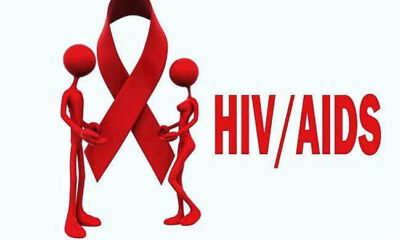

Ghana Reports Over 34,000 New HIV Infections in 2024, Urges Stronger Testing and Prevention Measures


Burundi Referees Set to Officiate Africa Cup of Nations Qualifier Between Angola and Ghana


Video: Nigerian actress Ruth Kadiri threatens to sue Ghanaian TVs showing her content without authorisation


All set for 37th National Farmers’ Day in Cape Coast
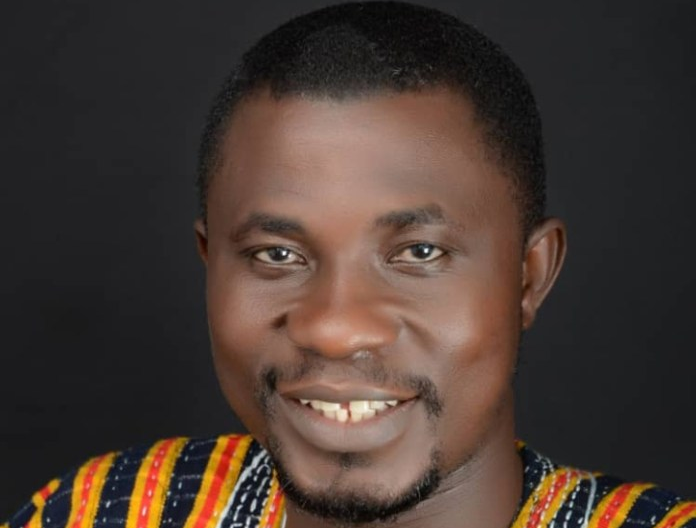

Ashaiman MP justifies ‘snatching’ of Speaker’s seat
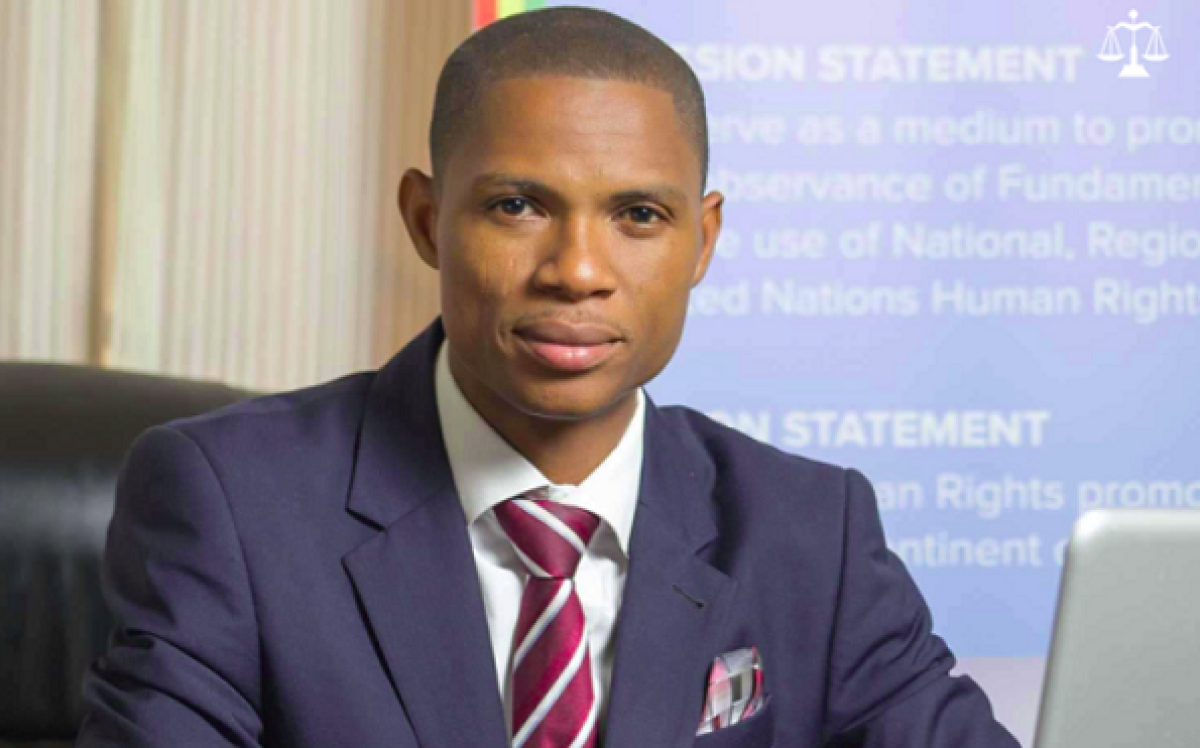

Court withdraws bench warrant against Sosu
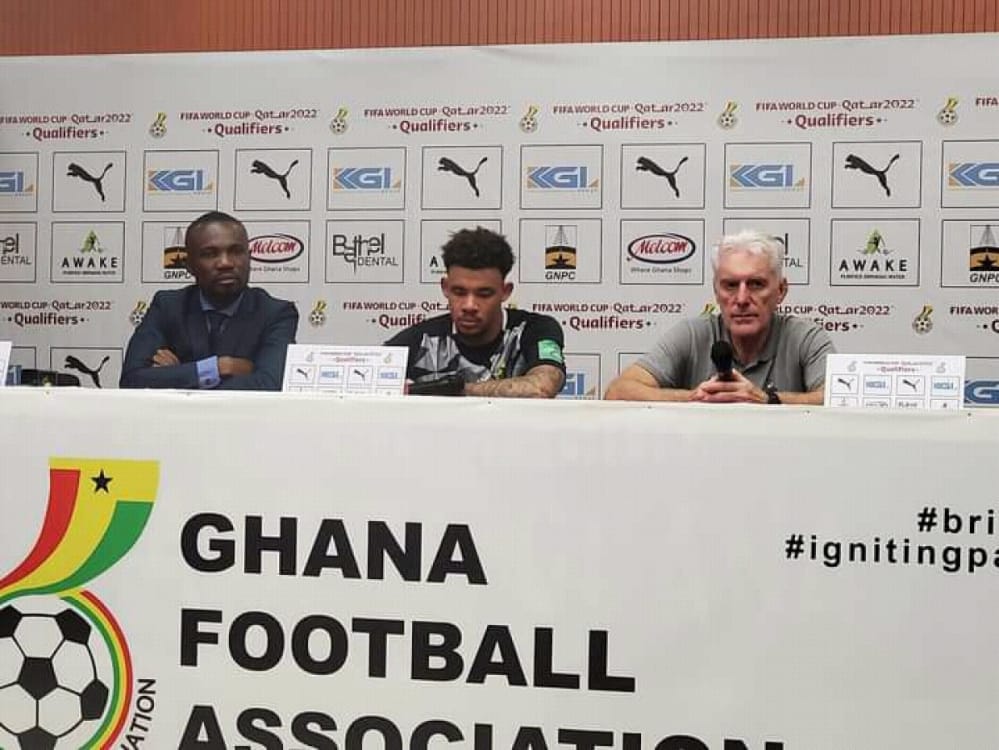

South African head coach blamed his loss on referees performance
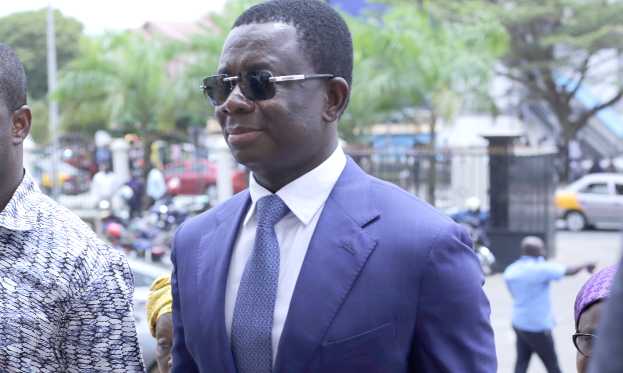
SC ruling on Opuni’s case a travesty of justice”- NDC


Company Awarded with One laptop-One Teacher not Recognised by Registrar Generals

























